More than energy: GWE’s circular product ecosystem
From Water to Fertiliser, Plastics to Minerals, we’re Turning Clean Energy Into Sustainable Products. At Good Water Energy (GWE), our geothermal platform is more than just a clean energy solution, it’s a foundation for a new industrial ecosystem. Using waste heat and zero-emission power, we are creating a range of scalable, sustainable products that replace traditional, polluting supply chains with climate-smart, economically competitive alternatives.
Bottled water: A smarter,
cleaner supply chain
The global bottled water industry is massive, over 450,000 ML annually, valued at A$375 billion, and growing at nearly 10% per year. Australia currently accounts for just 0.16% of global bottled water sales, consuming around 750 ML per year.
GWE plans to enter the bottled water market using geothermal desalinated water and plant-based biodegradable bottles, creating a fully renewable product line.
- Just one five-well geothermal system could supply 50% of Australia’s bottled water market
- Clean, distilled water produced with zero emissions
- Bottles made from PLA, a compostable alternative to oil-based plastics
- A new model for bottled water with low carbon, low waste, and high value
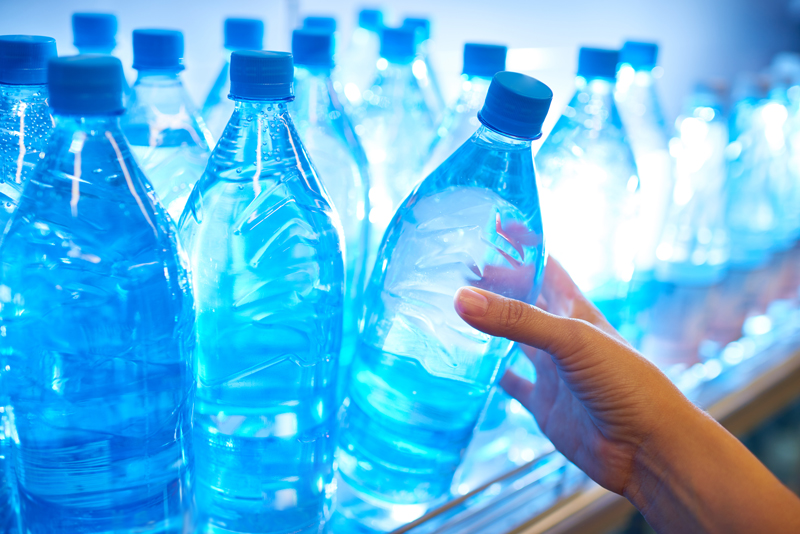
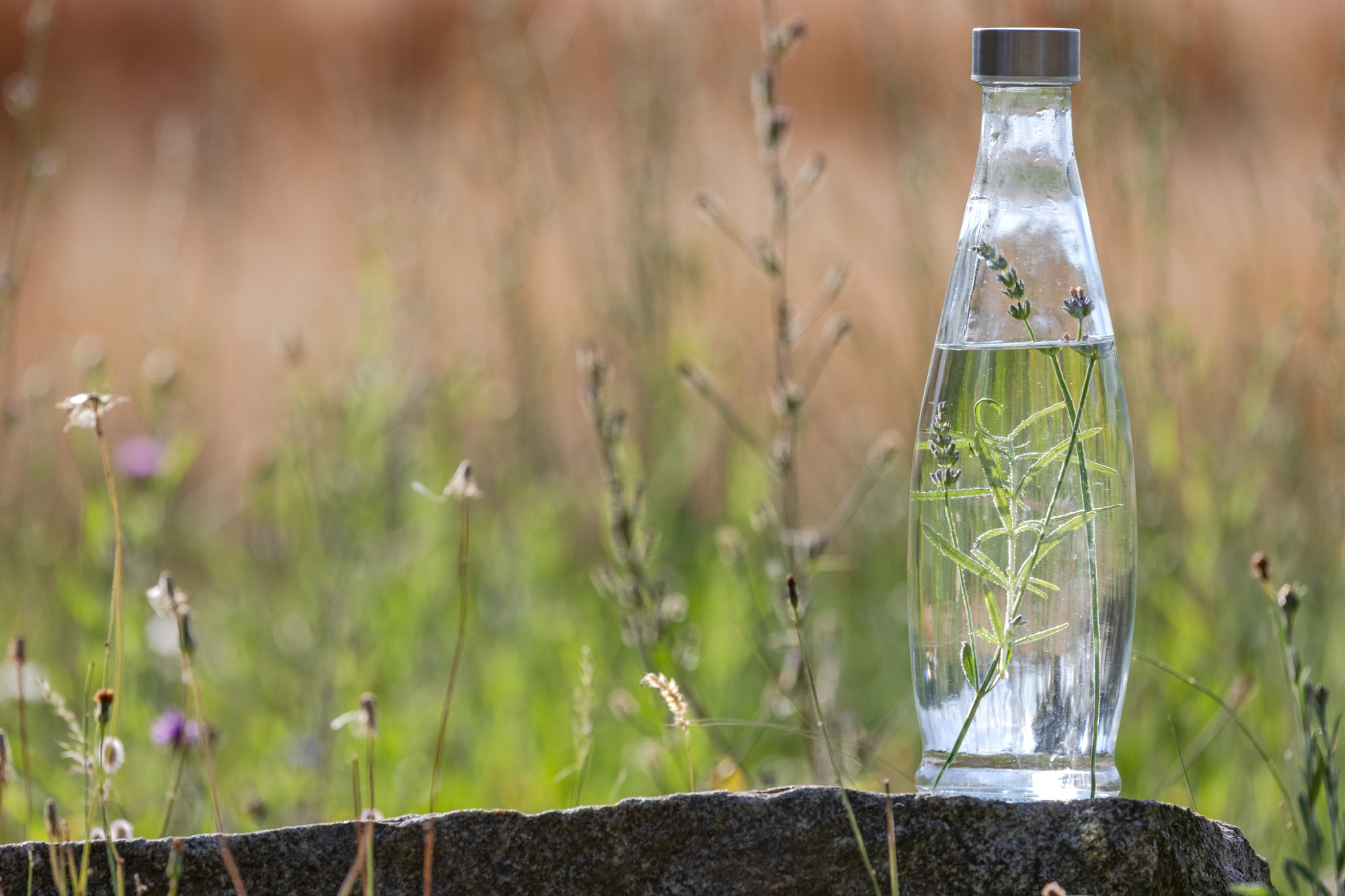
Plant-based plastics:
Eliminating oil
from packaging
Plastic pollution is one of the planet’s most pressing environmental issues. The bottled water industry alone generates 18 million tonnes of plastic annually, contributing to 200–400 million tonnes of greenhouse gases and widespread microplastic pollution.
GWE is working to replace oil-based plastics with PLA (polylactic acid), a bioplastic made from locally grown crops. PLA bottles are:
- Biodegradable and non-toxic
- Made using zero-emission geothermal energy and waste heat
- Ideal for bottled water and a wide range of consumer products
- Not currently produced in Australia, giving GWE a strong first-mover advantage
By vertically integrating clean water, clean energy, and clean packaging, GWE is creating a fully circular product and opening new opportunities in Australia’s advanced manufacturing sector.
Sea salt and mineral
recovery: Waste
turned Into value
Our desalination process doesn’t just produce water, it also creates high-value byproducts. Instead of discharging salt brine back into the ocean, GWE will capture and process it to extract sea salt, lithium, and other valuable minerals.
- Each 50 MLD desalination plant can produce 150 tonnes/day of premium sea salt
- Up to 4 tonnes/day of battery-grade lithium, zero-emission and low-cost
- Potash, magnesium, and other minerals for agriculture and health markets
- High-margin, low-impact extraction using renewable geothermal power
GWE is building the first zero-emission mineral recovery platform in Australia, a model for circular industrial production.
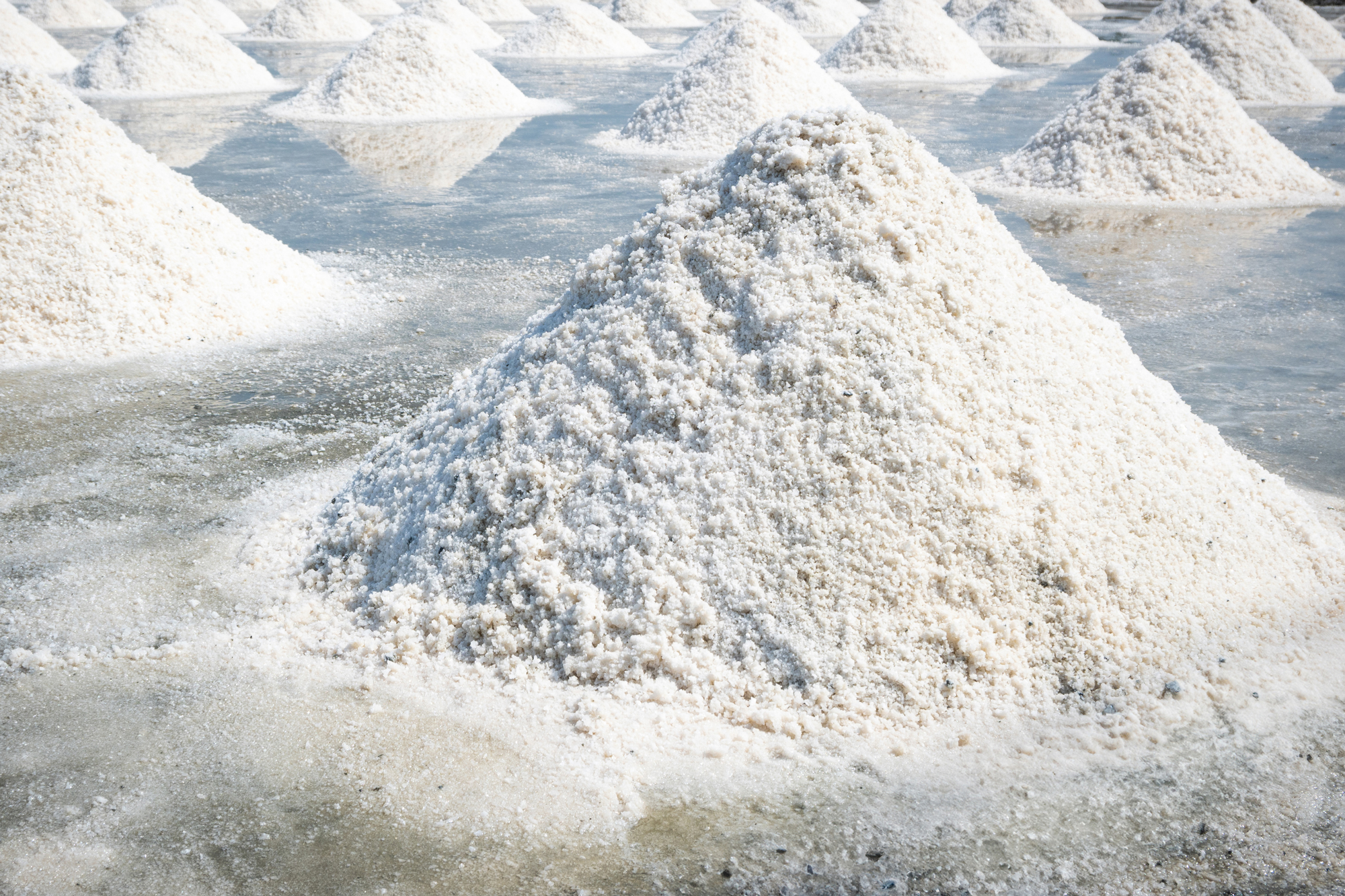
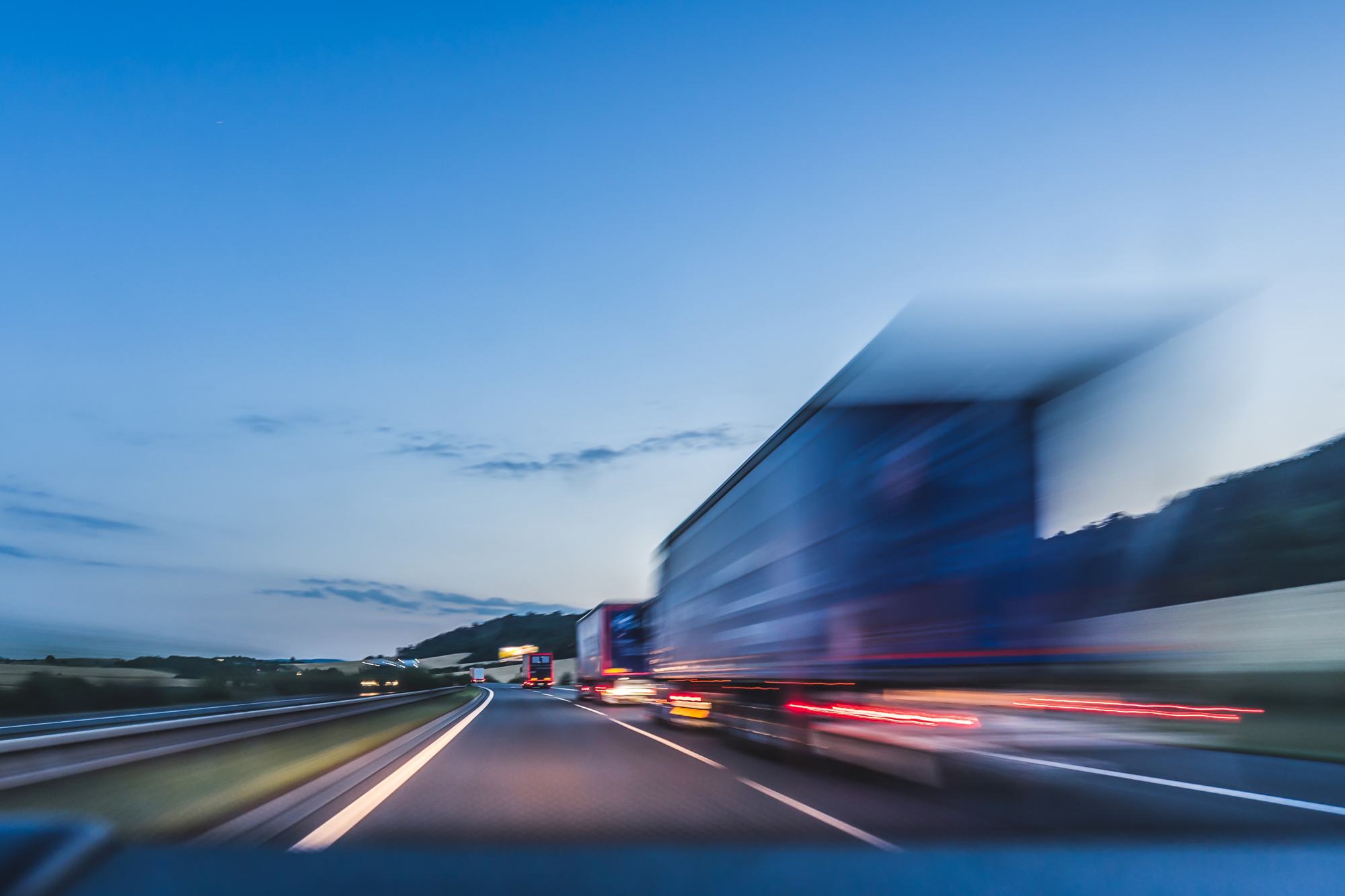
Good Blu: Australia’s
first zero‑emission
diesel exhaust
Good Blu is Good Water Energy’s revolutionary take on diesel exhaust fluid. Unlike conventional AdBlue®, which depends on fossil-based urea imports, Good Blu is made in Australia using:
- Green hydrogen (from geothermal heat + desalinated water)
- Nitrogen (captured from the atmosphere)
- Powered 100% by waste thermal energy
No fossil fuels. No imports. No carbon emissions. Just clean, cost-effective DEF.
Urea fertiliser: Local
production for
food security
Soaring global energy prices are driving up fertiliser costs and threatening food supply chains. Urea prices in Australia skyrocketed from $500 to over $1,400 per tonne in 2022.
GWE’s geothermal system can produce urea fertiliser at significantly lower cost than conventional, fossil-fuel-dependent methods.
- Decouples fertiliser prices from oil and gas markets
- Supports domestic food production and price stability
- Reduces reliance on volatile global supply chains
- Makes low-emission agriculture achievable at scale
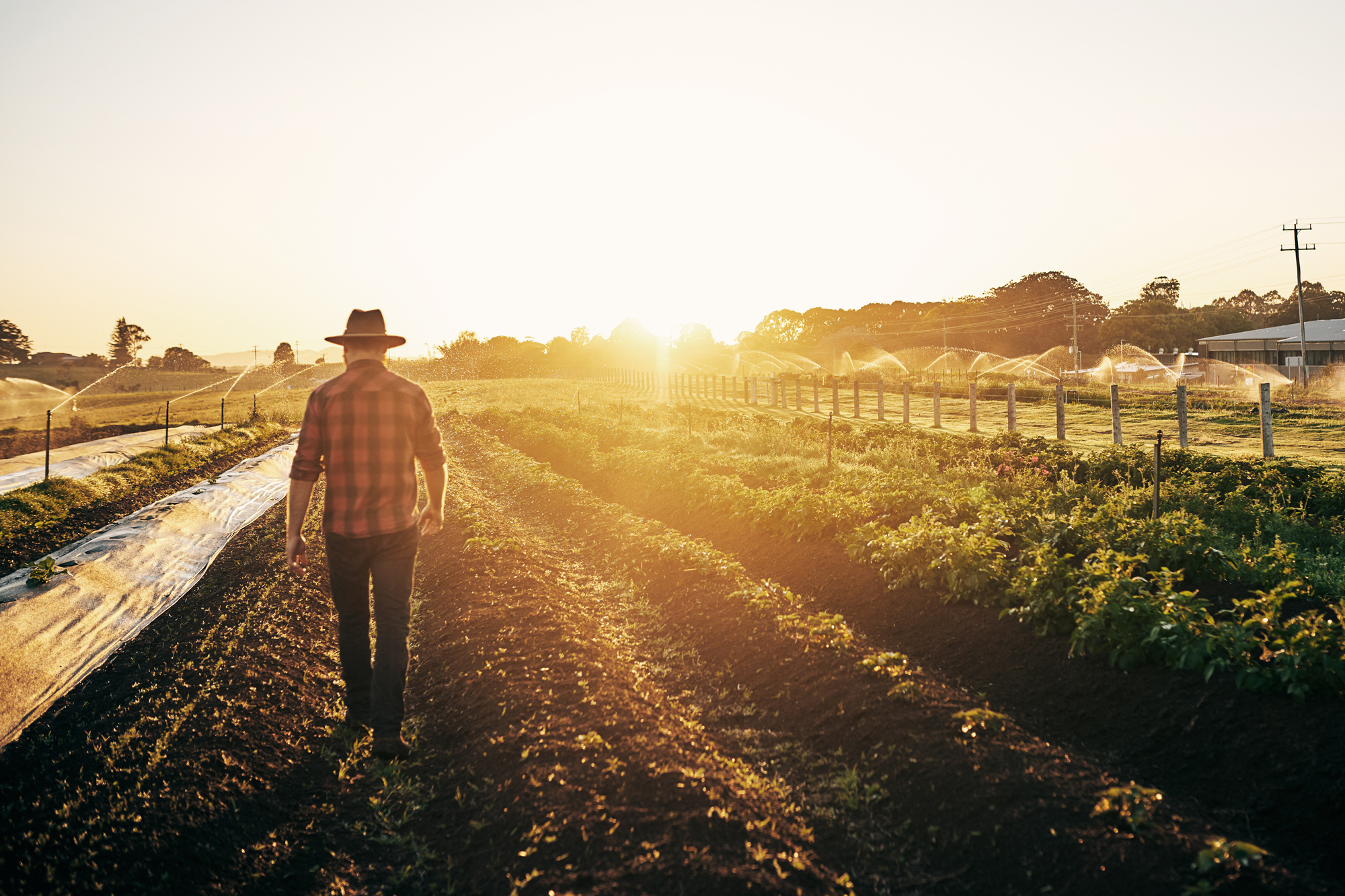
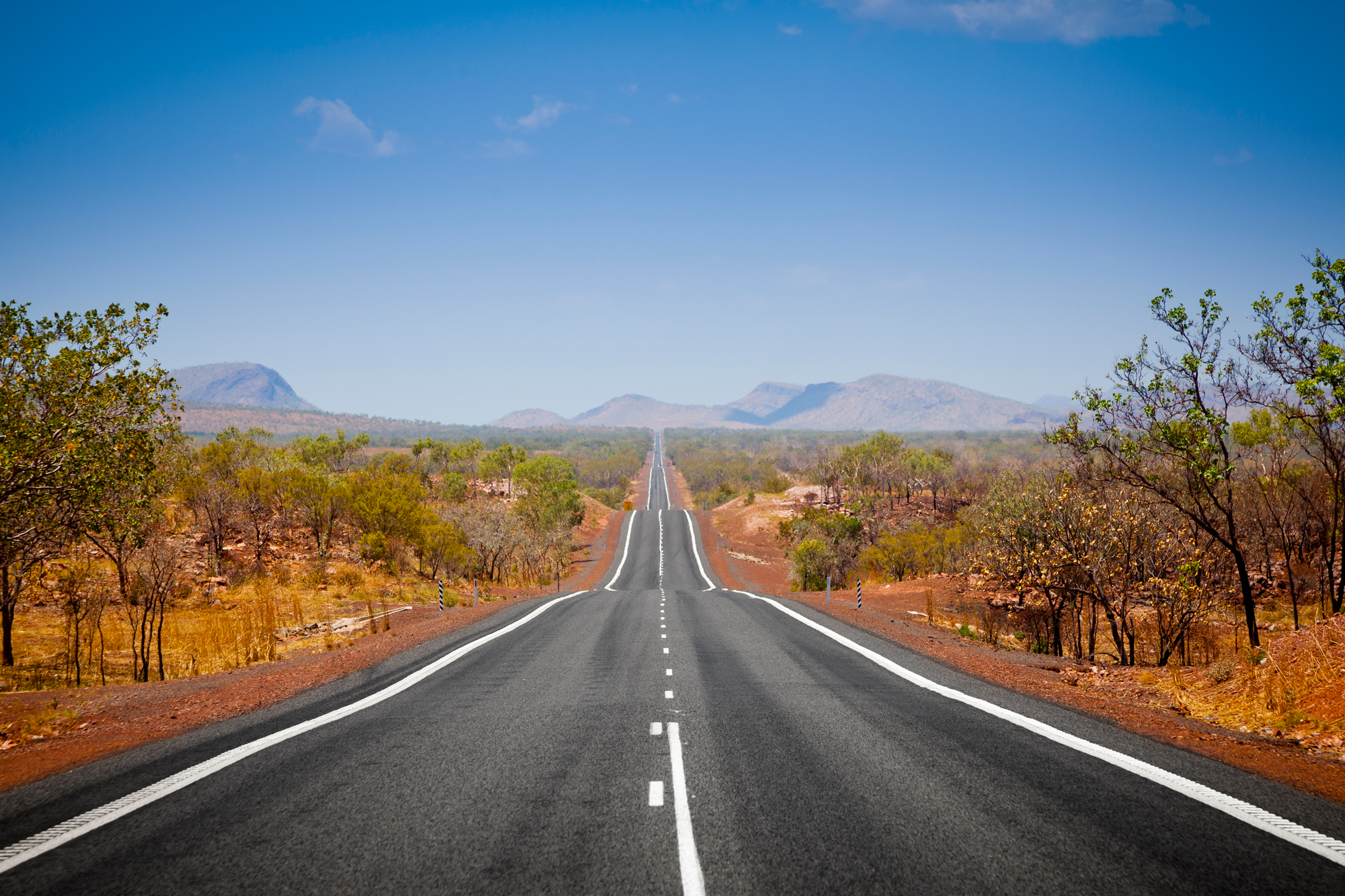
Diesel replacement:
Hydrogen for remote power
In remote areas of Australia, diesel generators remain the primary source of electricity with costs exceeding A$1.00 per kWh and high CO₂ emissions.
GWE is set to transform remote energy with low-cost, green hydrogen for fuel cell and hydrogen combustion generators.
- Cuts energy costs by over 50%
- Eliminates CO₂ emissions, oil waste, and noise pollution
- Ideal for mining operations, remote communities, fuel stations, and cattle stations
- Infrastructure-ready once hydrogen production launches in Darwin
Ammonia: Rebuilding
domestic capacity
Australia imports 90% of its ammonia, leaving the economy vulnerable to global shocks. Import shipping costs have jumped from US$45 to US$75 per tonne, while urea has surged to over $1,500 per tonne.
GWE’s facility will:
- roduce ammonia domestically using geothermal energy and captured CO₂
- Enable local urea, AdBlue, and explosives production
- Create up to 5 million tonnes of fertiliser per year
- Secure 25–30-year offtake agreements with investors and strategic partners
- Support Australia’s sovereign manufacturing goals and reduce import dependency
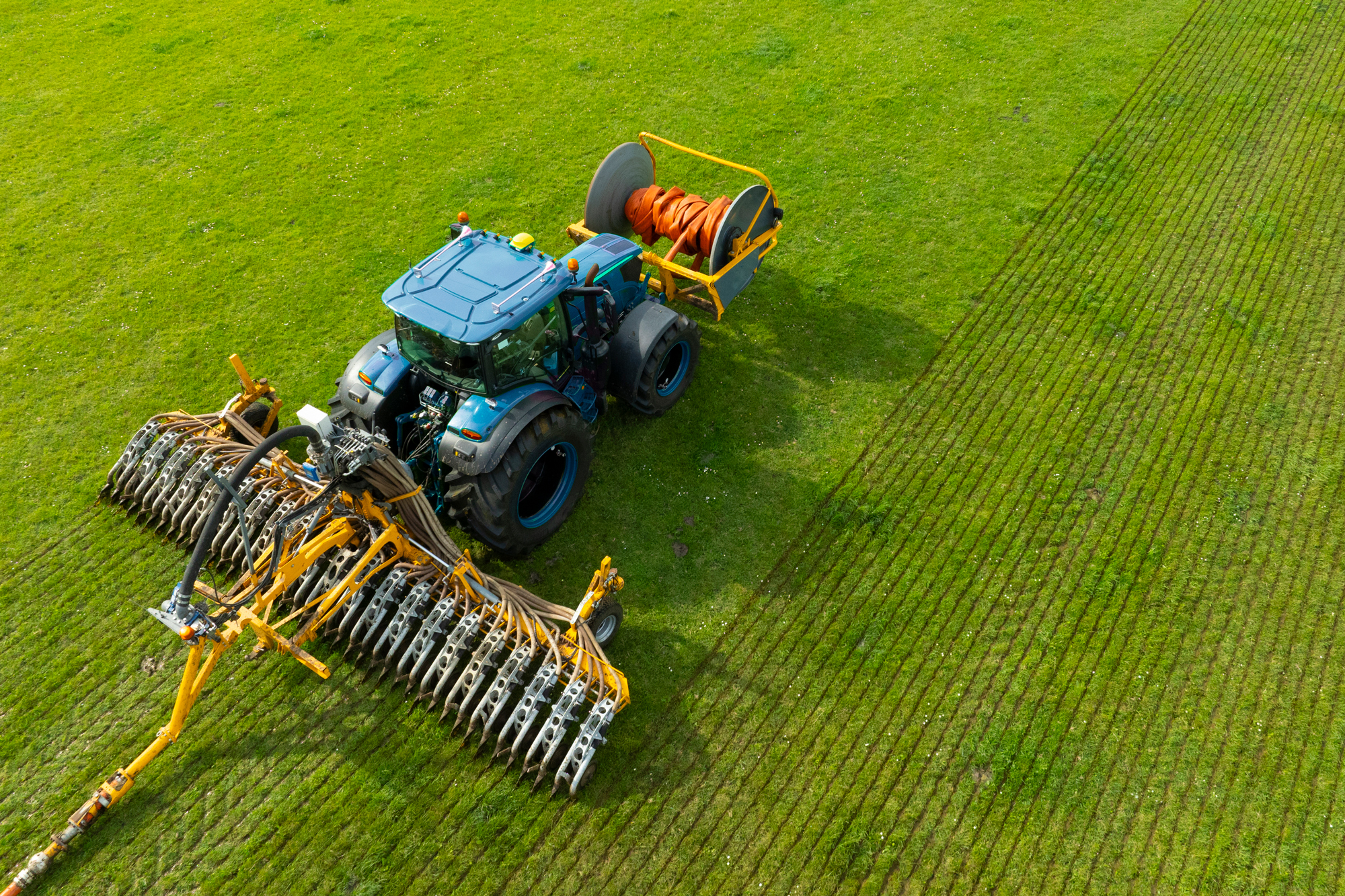
Leading the world in drilling technology
Enabling GWE’s projects to produce very low cost, true green electricity, water, hydrogen and synthetic fuels for aviation, road transport, agricultural and industrial use, all through tried and tested technologies.
